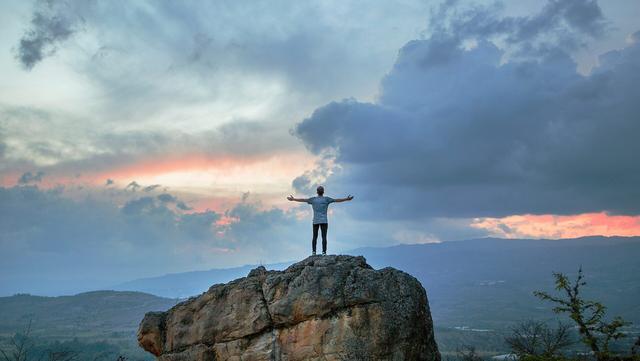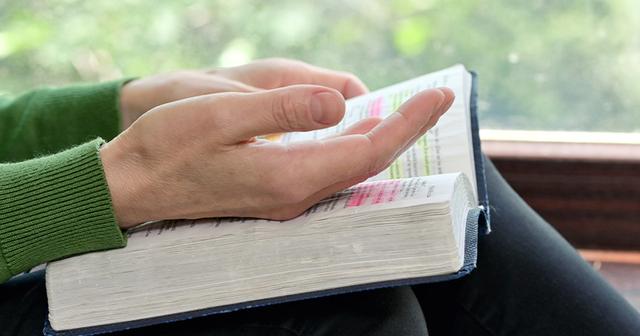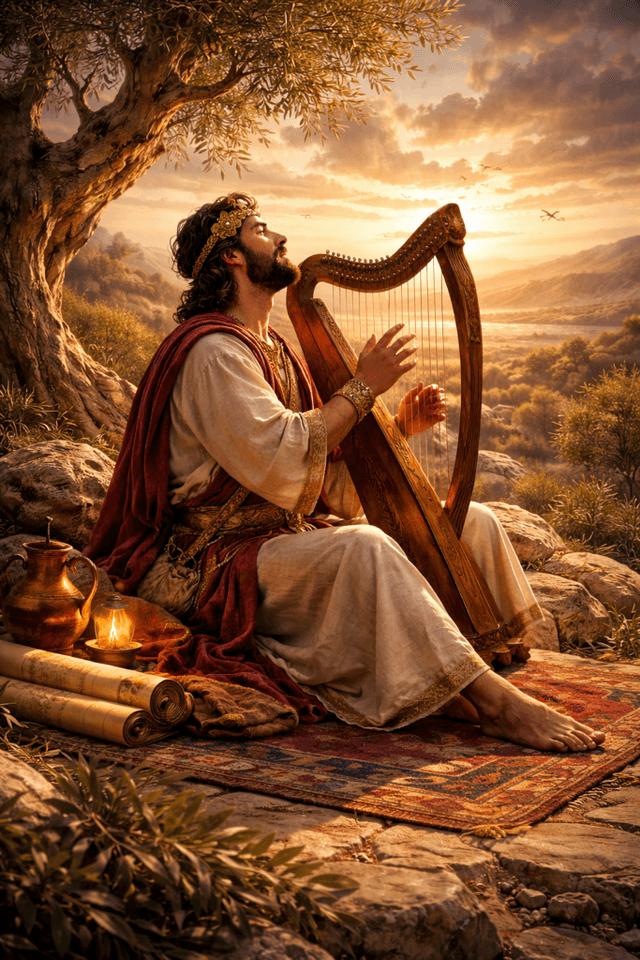Artificial Intelligence Part 3: The Issue of Originality
NOTE: This is the third in a series where I consider some of the faith and arts issues surrounding artificial intelligence. Click here to read Part 1: The Issue of Virtuosity or Part 2: The Issue of Authenticity. For a non-biased explanation of artificial intelligence, including definitions and implications, I encourage you to read this 2023 article by Forbes.
Way back in the last century (i.e., the 1980s), a technological development called sampling became a trend in popular music. For the first time, people could record snippets of audio, manipulate the timbre and tempo and frequency, and play it back in real-time. Though innovative and trendy, it became a problematic issue as pop, hip hop, and other genres became populated with songs peppered with samples from other songs, often without permission from the original songwriter or performer. Who had writing credits? Who had performance credits? And who was compensated for these recordings? It was a mess.
We find ourselves in a similar situation now, but one with much more complexity. Artificial Intelligence has the ability to write entire songs “in the style of” not only genres but of individual artists. The likenesses of actors can now be artificially recreated and made to say and do things without their permission. Artificial intelligence programs can create paintings mimicking Monet or Rembrandt or Picasso, or perhaps a contemporary artist who still lives. Ask ChatGPT to write a poem “in the style of” a particular world-class poet, and it can do so in a mere moment.
Which brings up so many issues. Is this an original work? Who owns it? Who controls it? Who should get compensated for it? Does an actor or performer “own” his or her likeness? Doesn’t one’s likeness constitute a sense of originality and uniqueness? And how can such things be legislated, regulated, and policed?
Obviously, there are many legal implications associated with this, and unfortunately the legislative rulings associated with such things tend to fall behind actual practices. But I don’t intend to speak on those issues in this blog post. Instead, I want to speak on the issue of originality, which can be defined as “the power of independent thought or constructive imagination.”
For those of you who are Artists of Faith, where does originality come from? The spiritual answer is “God” of course, but what is the practical answer? For me, there is almost always some aspect of God’s creation that will inspire me. It could be a book I read, or a movie I watched, or just walking along the beach on a warm afternoon. I’m often captured by some small aspect of this experience, from which I extrapolate some aspect of originality. For example, I’ll hear an infectious groove of a particular song on Spotify. I’ll take that groove, put new chords to it, and fashion a melody based on a lyrical phrase I had scribbled in my idea book. In the process of fashioning that song, I believe the Spirit of God is moving in and through the process. And when I’m done recording the drums and bass and keys and vocals, I believe I have a new song that had never been sung before it came together in that moment.
You see, nothing is completely original. Everything is derived from everything else. But it is the very human act of extrapolating an idea from another idea (or set of ideas) that originality can happen.
But the use of artificial intelligence may circumvent this human process. Though there is obvious human manipulation in the creation of a thing, the actual extrapolation is essentially done through AI. With AI, the human mind doesn’t make the creative jump that connects the dots from what is and what could be. There is very little creative “sweat,” where the human mind congeals a set of thoughts or concepts and comes out with something uniquely different. With AI, we can simply ask it to make the jump for us.
For creatives like myself, I think that’s where the actual Joy of creativity lies. When we lean into the years of technique and skill we’ve fostered into developing a unique thought or idea into something uniquely new, we can experience some aspect of the same Joy that God experiences when He created the universe. That is part of what it is to be made in His image, after all. Yeah, it’s often messy and imperfect and difficult. But in the end, there is joy and wonder and satisfaction.
Which brings us back to originality. AI synthesizes designs, concepts, patterns, and ideas from the vastness of the world’s database. I contend that if a person uses AI to create a thing, it may be original… but it did not truly originate from that person.
And so I fear two things. One, that artists will take the easy road, the one that allows them to have some semblance of originality in their art without uniquely investing into the origin of that art. And two, that the world won’t care either way.
Without a doubt, AI is here and it won’t go away. And as creatives, we can reap the many benefits that it offers—from time and resource efficiency to selling our art to a well-honed consumer culture. But I will question the originality of a children’s book written with AI, or a digital painting fashioned by AI, or a song digitally cloned through AI. To me, originality stems from the human condition, and is fashioned through human effort. That is the work, and the joy, that God calls us to.
[Banner photo by Amanda Dalbjörn on Unsplash. Inset photo by Ricardo Viana on Unsplash.]







